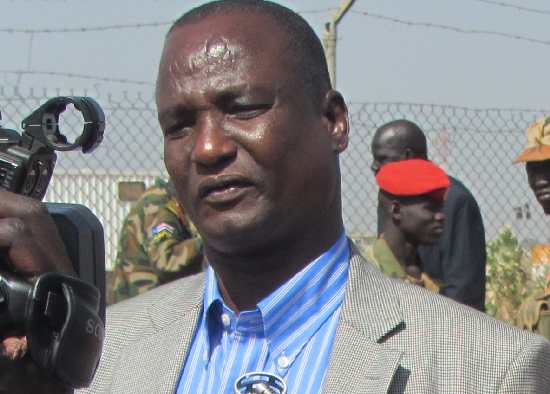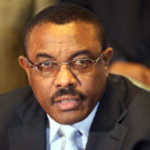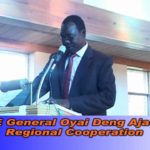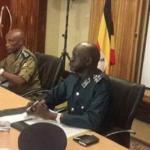The South Sudanese main armed opposition faction of the Sudan People’s Liberation Movement (SPLM-IO), has denied rumours of imminent defection of some of their senior government and party officials in the national capital, Juba.
Rumours have been circulating on social media blogs that a number of senior officials of the opposition group have been planning to defect to join the SPLM ruling party.
SPLM-IO’s former chief negotiator, Taban Deng Gai, who is the newly appointed minerals minister per the nomination of Machar in the transitional government, and Ezekiel Lol Gatkuoth, chairperson of the national committee for external relations, but who has not been appointed to any government portfolio, are alleged to be among the leading potential defectors.
The social media allegations further cited Taban Deng’s disappointment in not being appointed as petroleum minister as the main cause for his anger and possible decision to leave Machar.
Deng resigned from the position as chief negotiator just days after another official, Dak Duop Bichiok, was appointed minister for the petroleum ministry in the transitional government of national unity. Sources said he negotiated with President Kiir’s faction to give petroleum ministry to the SPLM-IO with the hope that he was allegedly going to be the minister.
Also Ezekiel Gatkuoth is said to be unhappy due to not being appointed to a ministerial position.
Deng is said to be moving with the Vice President, James Wani, mobilizing the people in the neighbouring countries such as Kenya and Ethiopia on the terms of President Kiir’s view of the peace process.
But media official in the office of Machar when contacted for comment on the circulating rumour said the allegation was ‘baseless’ although he acknowledged having read such rumours on social media.
“This is a baseless wild rumour,” James Gatdet Dak, press secretary for the SPLM-IO leader said.
“Of course I have read some of these circulated rumours on social media. Some people on social media have even written directly to me, alerting me about the rumour. I have however been telling them not to listen to such rumours created by enemies of peace,” Dak added.
Despite the denial by the SPLM-IO, the ongoing speculations suggest that Taban Deng is being promised the post of the secretary general in the SPLM faction of President Kiir.
Deng, according to sources close to the political alliances in the South Sudanese politics, has been until 2013 a close ally to President Kiir. He switched sides and joined Machar only after he was dismissed from the position of governorship for Unity State.
The former governor then used his senior position as member of the SPLM political bureau to criticize President Kiir, the SPLM chairman, until the December 2013 crisis.
Ezekiel Gatkuoth, a former member of the SPLM liberation council, on the other hand had been against Machar for several years, according to the sources, until 2013 when he was removed from his position as head of South Sudan mission in Washington, United States. He then joined Machar after leaving the group of former detainees in 2014.
In March this year, there was a similar rumour that Taban Deng was consulting with the Jieng Council of Elders (JCE), an informal tribal advisory body for President Kiir, to appoint him as first vice president in case Machar did not return to Juba from Pagak, his former headquarters.
SPLM-IO at the time also dismissed the allegation, which in fact turned out to be a false rumour.
Although the two top rival leaders, Kiir and Machar, have formed a transitional government of national unity, observers however express fears that similar political games that led to the deadly crisis on 15 December 2013 may not be far from repeating themselves.
A number of major provisions in the peace deal have not been implemented and have been behind the schedule. These include number of states and formation of state governments, cantonment of opposition forces across the country and formation of transitional national parliament as well as economic sector reforms, among others.
Even though the transitional government’s presidency weeks ago reached consensuses on how to tackle some of the issues, there has been no operationalization of the mechanisms to implement the agreed matters.







